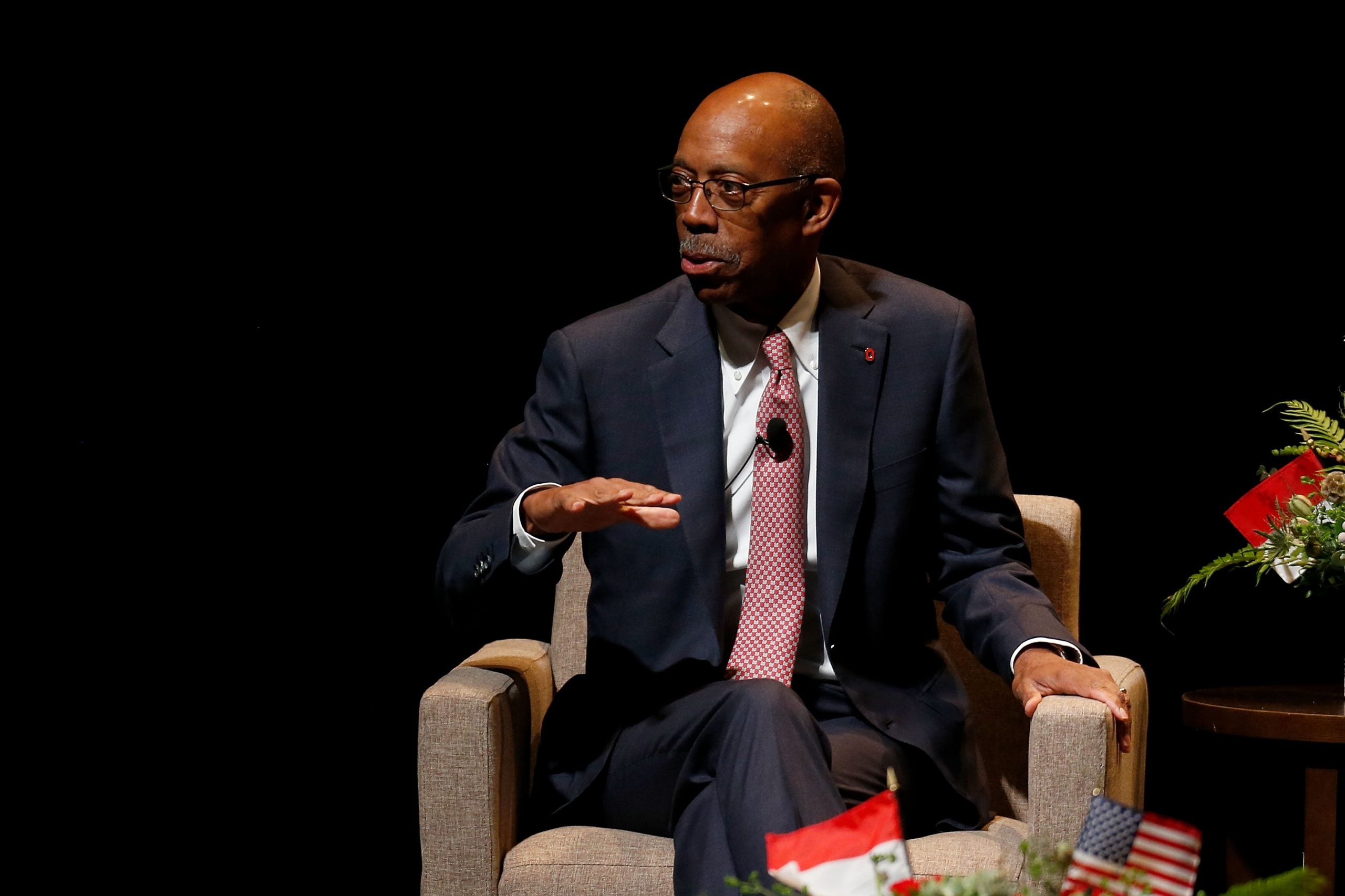
For the first time in the University of California’s 152-year history, it will have a Black president. The UC Board of Regents unanimously voted and welcomed Michael V. Drake, a physician and experienced administrator, into the position.
Drake, according to CNN, will not only be the University of California’s first Black president, but he will also be the first non-White president. He succeeds Janet Napolitano, who was selected as the system’s first female president in 2013.
“Much has changed in the 15 years since I was given the privilege of becoming chancellor at UC Irvine, but not my absolute belief in this great university and its time-honored mission,” Drake said in a statement, according to the network. “I look forward to working with the regents, chancellors, students, faculty, staff, alumni and our broader community as we, together, guide the university through the challenging times ahead.”
Drake—who has also headed Ohio State University and UC Irvine and is known for being a champion of access and inclusion—vowed to work with his colleagues to address the challenges of the current coronavirus pandemic, climate change and “the yawning wounds of social injustice,” according to the Los Angeles Times.
The 70-year-old said he changed his retirement plans when the opportunity presented itself to return to the university system that has served him at different stages throughout his life.
Drake earned his degree in ophthalmology at UC San Franciso before going on to be a part of the faculty in 1979 and ultimately serving as UC vice president for health affairs in 2000. Five years later he became the chancellor of UC Irvine, where he served for nine years before branching out to Ohio State University in 2014.
“Michael Drake is a spectacular choice for the University of California,” said Ted Mitchell, president of the American Council on Education, according to the Times. “He has proven himself to be a visionary and effective leader in every role he’s taken on, from the University of California to Ohio State to national roles in leading associations, including the NCAA.”